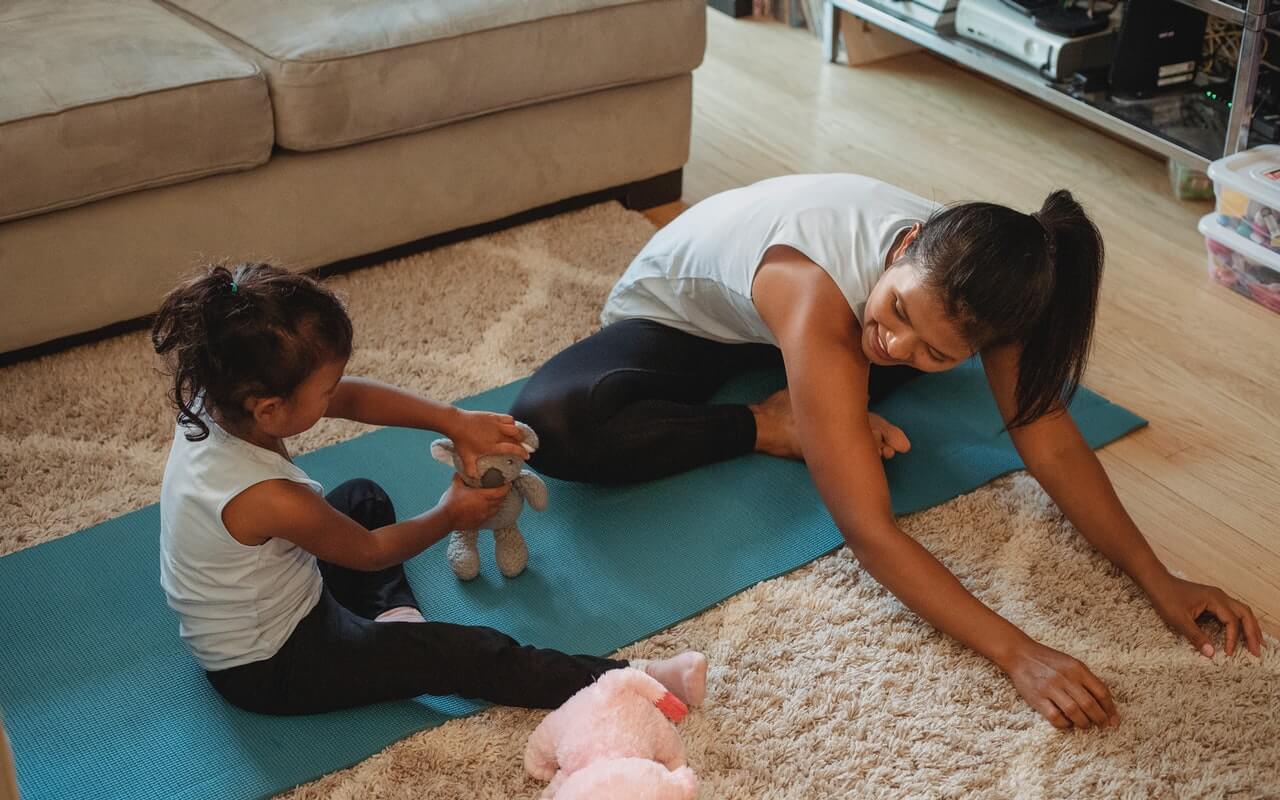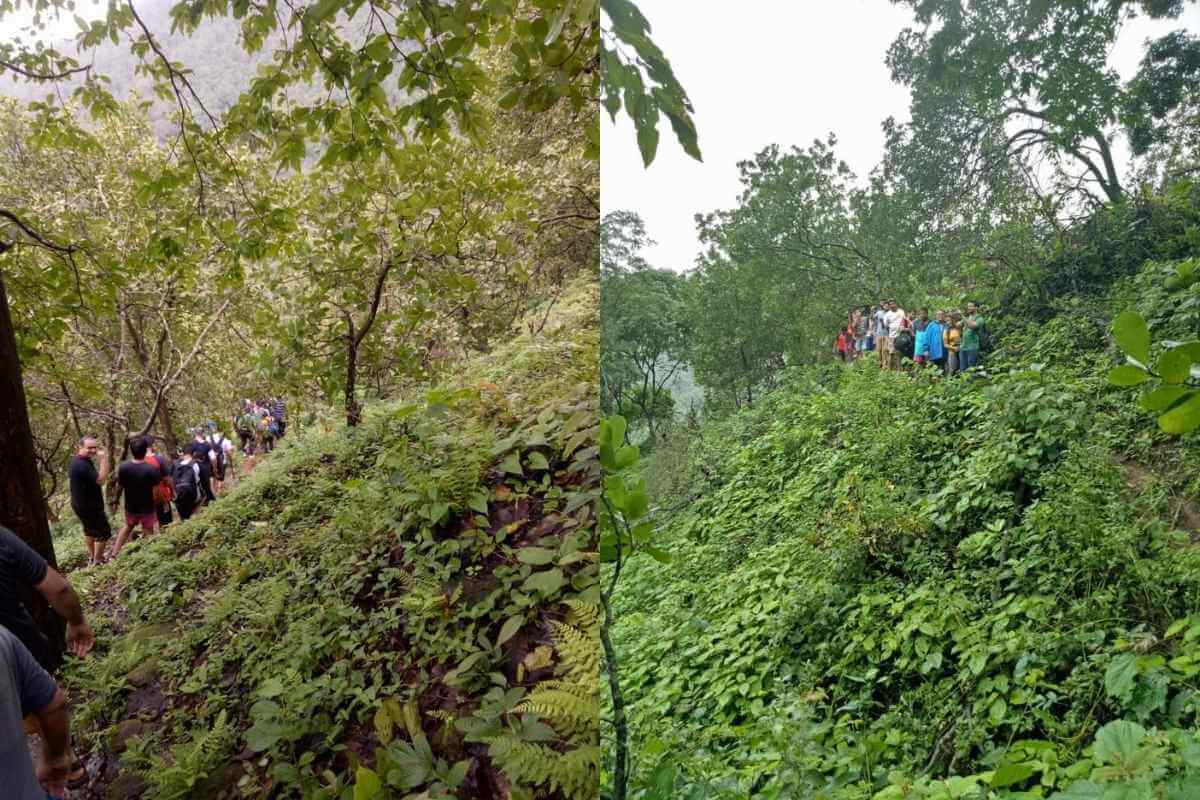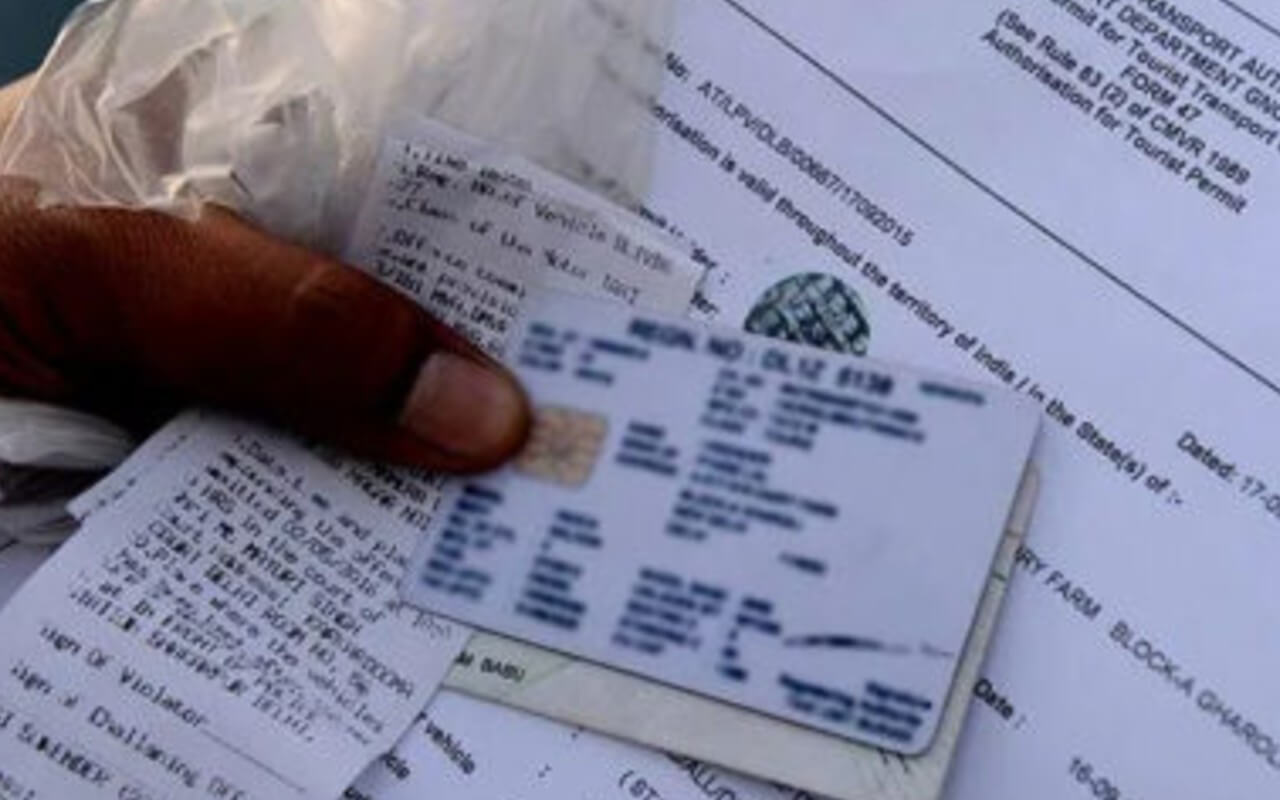We are in an age when everybody is humming the relaxation mantra and frequently discussing the benefits of meditation. However, much of the discussion on most forums are focused on relaxation for adults. Recent research suggests that young children and teenagers also benefit from methods of relaxation; not only do such exercises calm them down but also equip them with the ability to cope well with various life stressors.
In the modern age, it is a myth that children’s lives are carefree and they can do whatever they want. If anything, their lives are far from carefree, what with the constant stream of instructions directed at them every day. Recent research suggests that many schoolchildren suffer from ‘deep anxiety’, and get as overwhelmed as their parents or other adults when bombarded with instructions by their parents or teachers.
An average school going child has to face several stressors every day. Children are not able to cope with the stress, and other negative emotions, such as fear, anger, or even sadness, if exposed to them for a long period of time.
There are some obvious benefits of relaxation for children; some of these benefits are the same as those experienced by adults who practice relaxation:
– Just like in the case of adults, a relaxed child is able to think more constructively and positively. Tension affects not only an adult’s performance at work but also affects a child’s performance at school, his/her interaction with adults and peers, and his/her self-perception.
– Relaxation activities help relax children’s muscles, calm the nervous system, boost the immune system, and improve sleep.
– Relaxation sharpens concentration, promotes positive thinking, and improves memory.
– Relaxation is also responsible for increased self-confidence, self–esteem, creativity, and imagination in children.
– Introducing relaxation exercises in the daily schedule of children, will promote their awareness of a healthy lifestyle and equip them with a life – a long strategy that aims to improve their well–being.
Some easy-to-use relaxation strategies that your child can practice (perhaps, with a little guidance from you):
– Deep Breathing: The simplest way to calm down is by taking deep breaths in 3 easy steps: Take a deep breath in; hold it for a moment; and release it slowly. This can be repeated as many times as needed.
– Laughter: In the mad rush to keep up with grades, learn a new set of skills every month, be the best and the brightest child in the school, and similar pressures, children often forget to laugh. As a parent, you can help your child rediscover this simple yet essential pleasure of life. Crack jokes, watch funny cartoons, or just laugh without a reason. Laughing out loud relaxes our muscles and calms us down.
– Stretching: Teach your child to gently stretch each muscle group and feel the muscles relax. Stretching is a simple exercise that releases built-up tension from the muscles.
– Listen to music: Listening to calming music can help children regain focus. You can include this in your child’s everyday schedule. The child should sit down, take a few deep breaths (as explained above), and then focus on a calming music (you will find several good calming musical tones online), sitting still for 5 to 10 minutes. This can be done in the morning or before going to sleep at night.
– Cuddling: Did you know that human touch or hugging someone we love releases the happiness hormone, Oxytocin, in our brain? This happy hormone is a big stress buster. So, go ahead and display your love for your children by hugging or cuddling them.
Practicing relaxation daily not only relaxes and calms children; it also lowers the risk of developing several illnesses like diabetes, cardiovascular disease, etc., in the future. Further, if your children are suffering from any form of illness, simple and regular relaxation will help cure the disease faster.
The best thing to do is to start these practices early on in life and when there are no apparent stressors. So, even when your child is faced with difficult situations, he or she can use the relaxation exercises to cope better.
In the face of information overload, when adults and children are constantly taking in one piece of information or the other, it is imperative that relaxation strategies are incorporated in the daily schedules, as relaxation will help us and our children value the importance of stillness and quiet, and appreciate what we already have.
Photo by Kamaji Ogino from Pexels






























